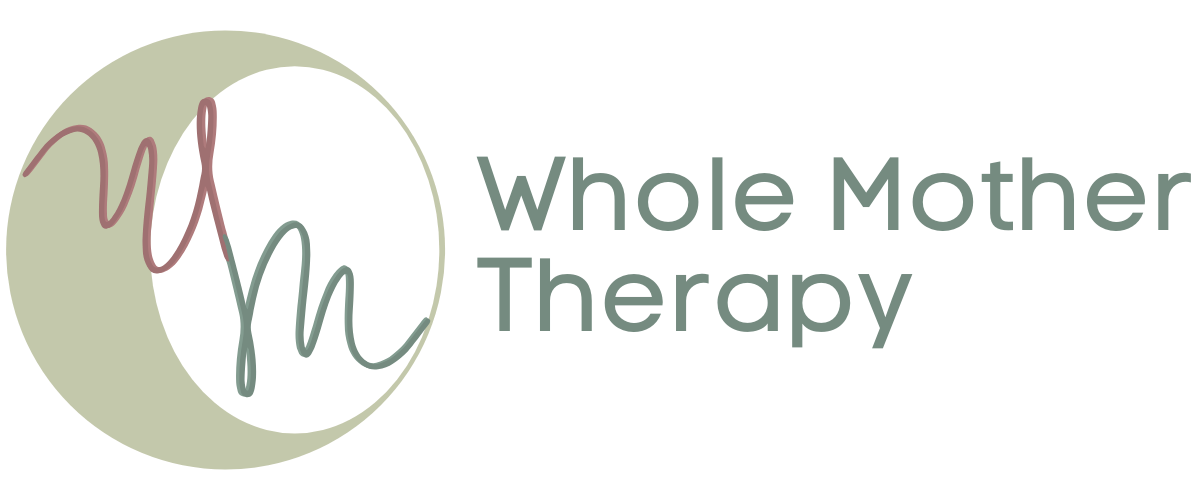Nighttime Parenting
Can we talk about nighttime parenting? I didn’t even hear that term until, strangely, after I had my son. Before giving birth, I had this blissful and very naive idea of how postpartum would look and feel. Spoiler alert: It turned out to be nothing, I mean nothing, like how I had envisioned it.
Part of what I had thought I would do was sleep train my son. It’s just what people did. Everyone I knew who had become parents before me had done it, including my husband with his first son. It wasn’t until I gave birth and started frantically googling all things sleep that I began to realize sleep training was not in fact something I was comfortable doing.
Nighttime parenting as a sleep training alternative
Before I go on, I want to say that this blog post is not about whether you should or should not sleep train. I have my thoughts and feelings about it, and I made a choice that supports how I want to raise my son, that feels right and comfortable for me and my family. But every person is unique and brings different things to the table. For some folx, it is essential and necessary to sleep train, and I have no judgment, just as I have none for others’ decisions about breast/chestfeeding vs. formula feeding—do what is best for you and your family.
But it’s noteworthy that as prepared as I was for postpartum, I was not even aware of an alternative to sleep training until I went down the rabbit hole of Google and Instagram trying to decode the secrets of infant/baby/toddler sleep. What I came across time and again was this concept of nighttime parenting. The first time I read about it, it blew me away, despite its simple and noticeable definition. The fact that it felt so significant shines a light on how underprepared parents are for the realities of infant/baby development and life postpartum.
The reality of INFANT SLEEP
In my naive pre-birth fantasy, my baby was sleeping through the night by four months, six at the latest, and I was waking up refreshed. My reality has been anything but this. My son turned out to be highly sensitive with a very strong temperament. I soon learned that parenting and co-regulating did not stop when the sun went down but continued 24/7 with no breaks, no stops, and no space to breathe and gather myself.
Nighttime parenting is a term I bring up in sessions with clients and my postpartum group. And every time I say it, I can see the relief and understanding in these moms’ eyes. Collectively we are fed a fantasy of what postpartum will look like. There will be time for chores, workouts, and phone dates while the baby sleeps. We will achieve more at home with our babies than we did before having a child. This is a toxic delusion perpetuated by our society’s obsession with performance, productivity, and achievement. All of which are symptoms of patriarchy, capitalism, and white supremacy.
The reality is that babies don’t sleep well. They aren’t meant to sleep well. They are meant to sleep in short bursts so they can continue to feed and grow. Frequent wakings are Nature’s way of protecting our babies from SIDS. Babies are meant to be held and to have skin-to-skin contact. Think about it. Your baby spends nine-plus months in your womb growing while connected to you. Their only reality and existence is you. So it makes sense that they need constant contact those first few months to feel your heartbeat and the warmth of your arms, to smell you.
Parenting isn’t easy
Parenting is hard. Nighttime parenting is harder. This is because, at the end of an already exhausting day, when your body and mind crave nothing more than to shut off and rest, your baby still needs you. There are no breaks, no moments of Zen. Parenting is relentless, with no consideration of the parents’—especially the mom-identifying person’s—needs. If you are privileged enough to afford to hire a nanny or nighttime nurse, you are, in effect, paying for the loss of the nurturing community that our ancestors relied on. But this is not possible for the majority of families.
What’s achingly missing in our culture is community. We’ve created an individualistic lifestyle that keeps us married to consumerism, productivity, and a go-it-alone ideology that serves no one. We’ve distanced ourselves from creating a village to help carry the burden of parenting. Womxn bear the brunt of this burden, and they are oftentimes the ones to continue parenting through the night.
This creates an untenable situation. It leads to sleep deprivation that compounds postnatal mood disorders, which, when broken down, are the failure of society to support mothers and womxn properly. Instead, we are expected to be superhuman in meeting the needs of a tiny human 24/7, all while keeping house, meal planning, perhaps working a second job (in addition to the full-time job of mothering/parenting), and maintaining our mental health.
Preparing before the baby arrives
Part of the conversation around nighttime parenting must be how to educate birthing folx about what infant sleep looks like so that preparations can be made. By this, I mean circling up a family you trust—blood family and/or chosen family—to help support you through the crucial first year(s) of parenting. Additionally, those birthing folx in partnerships must have honest conversations with their partners about sharing the burden of nighttime parenting so that the primary caregiver gets the rest necessary to keep showing up day in and day out. Early parenting is an ultramarathon, not a 5k, and the health of the entire family depends on a realistic, shared expectation for weathering the lovely challenges of a baby, whether it’s the Sun or the stars shining down.
Let’s talk.
We would love to connect with you.

